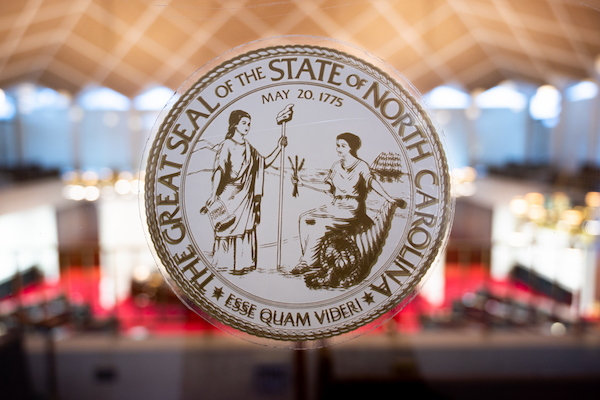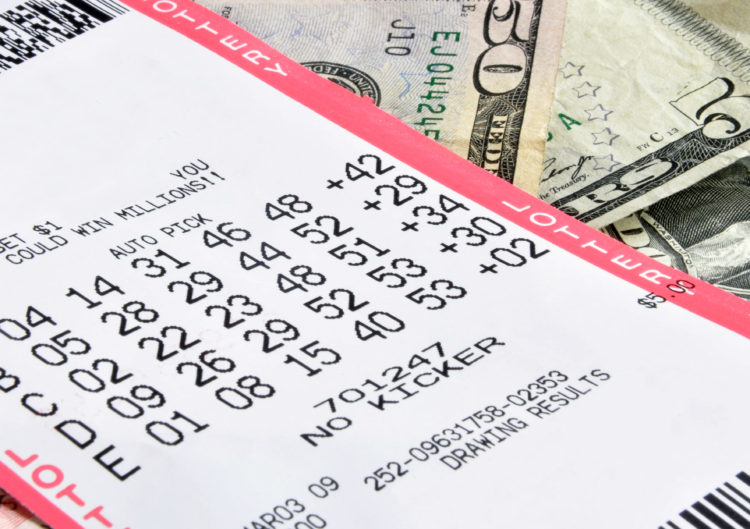The Virginia Lottery, it is suggested, collects between $80 million and $100 million in ticket sales from North Carolinians every year. Taking those figures at face value, the State of Virginia receives at most only $34 million in revenues from North Carolinians. Half of the lottery’s take pays for prizes (won by North Carolinians in proportion to their share of lottery purchases). Another 16 percent is spent on administration, much of which goes out of state for management and marketing.
The remaining $34 million is, indeed, spent to subsidize government programs in Virginia. But this minor revenue loss from North Carolina to Virginia does not justify the creation of a state lottery in North Carolina. Consider this: If North Carolina follows the national average, it will send 4 percent of lottery revenues — or $36 million out of $900 million in estimated revenues — to an out-of-state management company.
No estimate is available for the number of North Carolinians who play the lottery in Georgia, with which our state has a much smaller border. Nevertheless, even if the amount is one-third of the Virginia total, the resulting $11 million in additional state revenues sucked over the border is easily outweighed by the additional costs of advertising and marketing a potential North Carolina lottery — much of which would be spent out-of-state — and by the millions of dollars that state and local governments in North Carolina will lose in sales tax revenue as North Carolinians spend discretionary income on lottery tickets instead of taxable goods sold at retail.
Cross-border sales of lottery tickets do not justify the creation of a state lottery in North Carolina. A lottery would actually cause a larger flow of funds out of the state. Creating a lottery for this reason would be like refinancing your home loan even though the closing costs exceed the savings you would get from a lower interest rate.
John Hood, President


